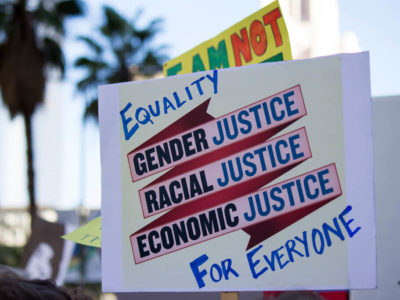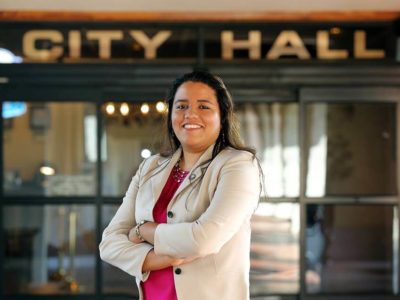In this time of social upheaval and political unrest, activism achieved mainstream momentum. With this rise in popularity, it has brought to light many actions that are usually associated with it, like marching or protesting. Activism isn’t exclusive to any political party and not limited to the scope of politics as most people know it. Instead, social activism goes beyond marching or protesting. Think outside the box in terms of “student activism.”
Check out 10 different forms of social activism that people partake in.
1. Make some time in your busy schedule to stay informed of current events

Reading/watching news outlets helps formulates thoughts for discourse and even simply for taking action. “After Trump got elected, I decided to be more informed and aware of where I was reading news articles. And also to perceive biases present in articles,” University of California, Los Angeles third year Jhem Quintana said. Political news articles can lean heavily on the opinions of the writer. Taking time to stay informed while also perceptively shifting through heavily biased articles in favor of those that tend to stick closer with objectivity can help you perceive events as they happen.
2. Become involved in local politics
https://www.youtube.com/watch?v=lMUQKov88t4
“I felt like I wasn’t doing enough because I wasn’t doing these highly visual things, such as making posters or protesting,” California State University, Long Beach junior Bianca Prado said. “But then I realized that there were other ways for me to become involved. I started paying more attention to my local politic[s], and voting in local government elections.” While most voters only go to the polls once every four years for presidential elections, you can greatly affect the politics of your community in local elections.
As UCLA graduate student John Ray explained, a lot of politics are set at a local level. “Do you care about how high your rent is? Do you care about the availability of housing, entertainment and public transit near where you live? Do you care about the safety or your neighborhood?” Beyond that, your candidates come from local politicians and party officials, according to him. “The Tea Party, the Civil Rights movement, environmentalists, unions, the LGBTQ movement and the Progressive Movement all changed American politics in their own way by getting involved in local politics and local party politics. And those movements all started by small groups of friends and like-minded individuals getting together in living rooms and bars,” he said.
3. Write for a newsmagazine that promotes advocacy
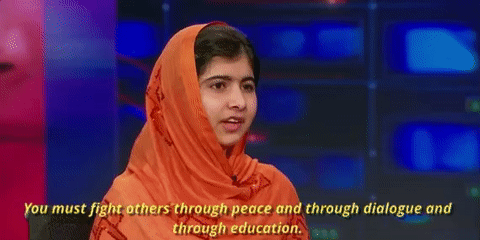
By writing for the newsmagazine on campus, you can bring to light social issues, while also deconstructing the language that surrounds them. This helps makes this rhetoric accessible for those who lack the resources to do so. And by working for a newsmagazine, you can improve too. “The people who engage with our material want to become better. They want to help each other too,” said UCLA third year, Kerri Yund, an editor for the intersectional feminist newsmagazine FEM. “We try to fight for every oppressed and marginalized groups. That attracts a lot of different types of people. By having a diverse staff of different sexualities, races, genders, you’re gonna learn something from everyone. You’ll learn more about who you are through your writing and your creations.”
4. Start a new organization/club that fills a unique niche on campus

Students activists often do much of their work on campus. “The election made it obvious that how we are talking about issues and how we are engaging in politics cannot continue the way it is,” said UCLA third year Austin Steinhart. He began two new organizations on campus fulfilling unique niches that the campus culture lacked in response to this feeling. “While there were plenty of spaces on campus to discuss issues with those you agree with, there were no spaces to share perspectives and ideas with those you don’t,” he said. “By allowing students to talk about big issues through their personal experiences and stories, you show a young person that these issues are not for other people to deal with and figure out. Rather, these are issues they can help solve.”
If you notice your campus lacks groups involved with issues you feel strongly about, don’t hesitate to make your own. Grab a few like-minded friends, and craft yourselves a constitution for your organization. Then, roughly sketch a vision for the group and the change that you wish to bring about.
5. Take your politics beyond just words
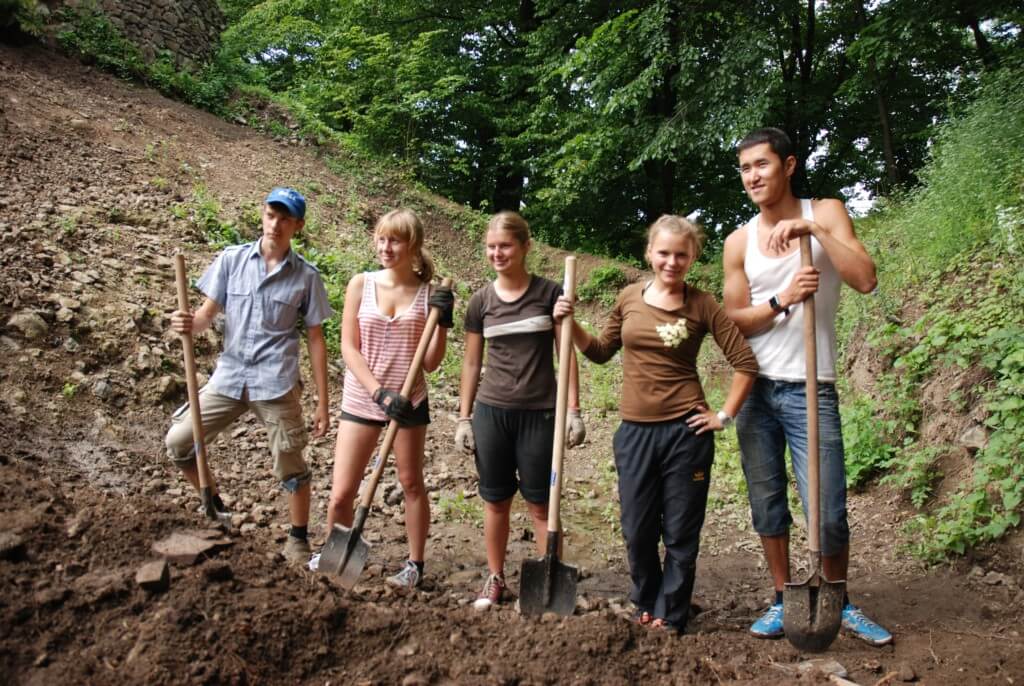
Activism doesn’t have to include a physical component. But if possible, physical action moves your ideas beyond a screen into a dimension that decision makers can’t mute. For instance, Jhem Quintana, works with a group known as the Hunger Project that tries to directly help people afflicted with homelessness in L.A. “You should become more consciously aware of actually incorporating what you’re is saying/preaching [someone else’s] day to day life. As an able-bodied individual, I started volunteering more,” Quintana said. “As a member of the E-board, it is now my job to bring UCLA students down to Skid Row to distribute food and hygiene products for individuals who have periods. I also try to collect clothing to distribute.”
6. Read

So you want to become more active in your community. Now where do you start? Steinhart said, “Read everything. Read books, newspapers, articles, listen to podcasts, talk to friends, ask questions.” Part of being an activist is knowing your own political identity and having a firm understanding of your beliefs. A great place to start is with theory. Try taking a political science course, pick up a copy of Thomas Hobbes’s Leviathan or even familiarize yourself with Marxism. Find what resonates with you, and form your opinions based off the existing literature. This will help you find your own audience, and convince others that what you believe is the right step moving forward.
Here are some recommended readings for future activists by Ray:
- How Organizations Develop Activists: Civic Associations and Leadership in the 21st Century by Hahrie Han
- “Becoming a Habitual Voter: Inertia, Resources, and Growth in Young Adulthood” by Eric Plutzer
- “Meeting the Challenge of Latino Voter Mobilization” by Melissa Michelson
- Getting Primaried: The Changing Politics of Congressional Primary Challenges by Robert Boatright
- Abortion and the Politics of Motherhood by Kristin Luker
- “First to the Party: The Group Origins of the Partisan Transformation on Civil Rights, 1940 1960” by Chris Baylor
- “Political meetings in the Chicago Black belt” by HF Gosnell
- The Politics of Resentment: Rural Consciousness in Wisconsin and the Rise of Scott Walker by Katherine Cramer
- Representation in the American Revolution by Gordon Wood
7. Look for small changes that you can make in your own life
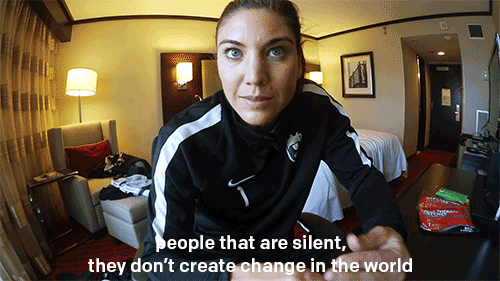
Look to your own life to start bringing about change. The small things in our own lives drive us to bring about the greatest changes. “Attend the next meeting of [your] local party or single-issue advocacy organization, whichever comes first on the calendar. Give three dollars to a candidate [you] like,” Ray said. He also added that you can also add your Congressperson, state legislator and city councilors (in that order) to your phone. It may not feel like much, but it actually makes a difference. “The purchases you make, the way you spend your free time, how you participate in your clubs or your congregation, those all have political consequences,” he said.
8. Prepare for the long haul
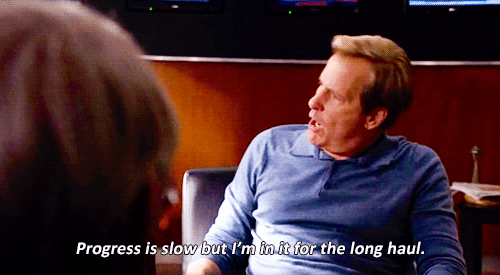
Change takes long periods of time. Social issues may never disappear, but we have the power to bring our ideal world into existence one step at a time. “The only individuals who have the ability to quickly and radically change things are dictators, and they tend not to do so for the better,” Ray said. “You can and should be in virtuous struggle for the laws, policies and norms you envision a better world would have for your entire life.” In other words? Activism is a long term journey. “You can change things to the degree that you organize and get to work now, and continue to work at it every day going forward,” Ray said.
9. Make time for self care
https://www.youtube.com/watch?v=706YxeHJJXo
Think of activism as a lifestyle. “President Obama likened politics to being a relay runner,” Steinhart said. “‘You take the baton, you run your best race and hopefully by the time you hand it off, you’re a little further ahead, you’ve made a little progress.’ I have never viewed politics and activism as having any type of deadline or end date.” But when faced with a lifetime of work, one has to take care of themselves. “You need to take steps back for work, mental health and rest. Activism is physically and mentally draining. Donating money is a great alternative when you wish to support causes but still need to take a break,” UCLA third year Gabriela Meza said. After all, activists are also human. You can’t always set aside your own lives for the pursuit of equality.
10. Register to Vote

Although registering to vote might seem a tad obvious, many people fail to register in time to vote in important elections. Take the time to do so with your current permanent address. It’ll save you loads of worry and time closer to election season. In the United States, many take the privilege of voting for granted. Exercise the right that generations before have fought for you to have.

